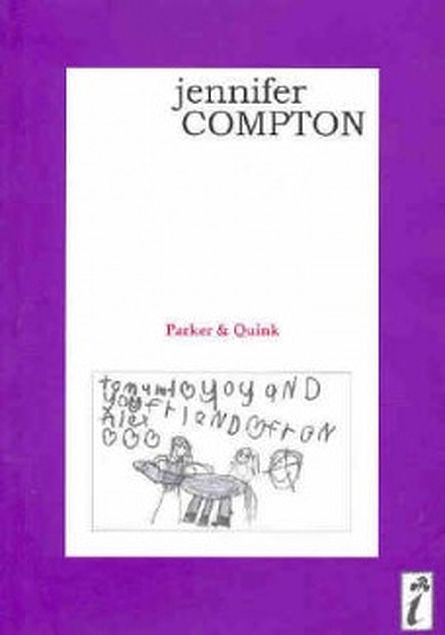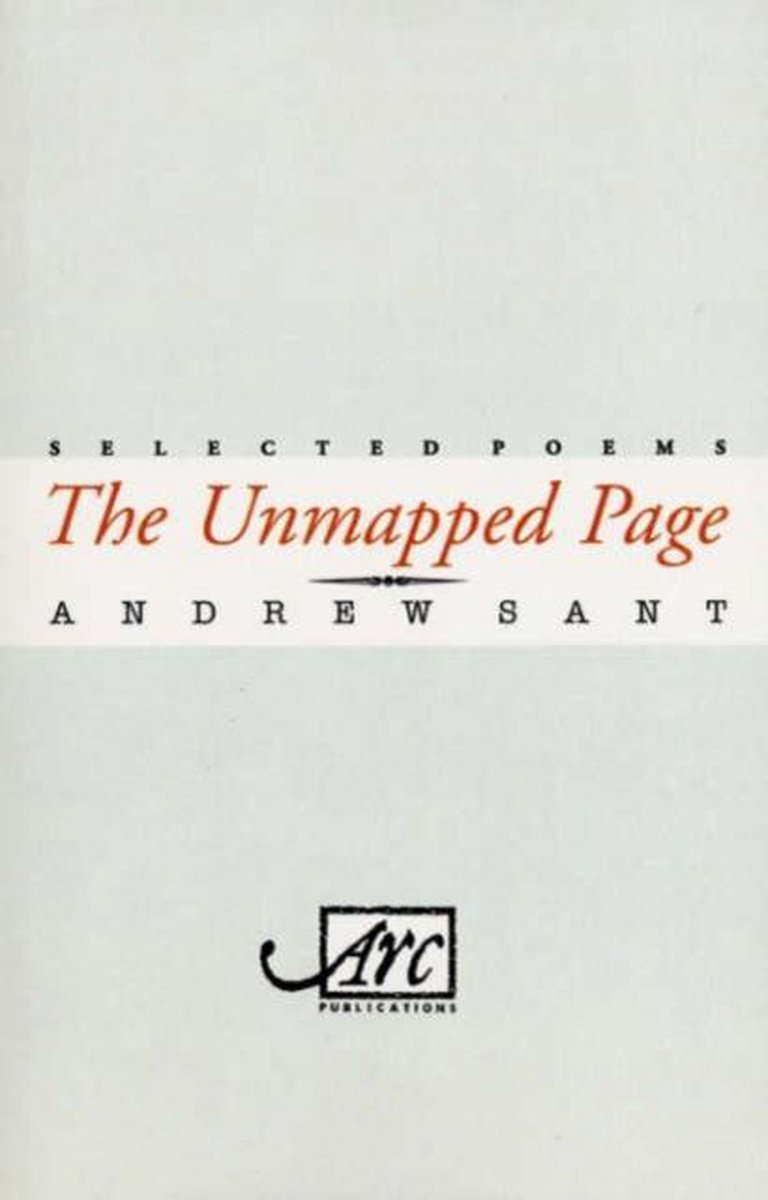Poetry
While we are apart I will
wear no shoes, walk barefoot
over Nevada sands, tune my heart
to 33 kilohertz, synchronise
my inner ear to terra firma, and,
While my brother milks
I return to mist drifting up the fence posts.
The night’s sheet slowly evaporating
giving in to day – already a process of action.
Cows backing off the platform
make their way up the track –
the stumps of their tails flicking at flies
they regard me with surprise.
The summer night is dangerous and deep.
I lie, dead still, aware of the tiniest sounds
Being so full of joy I cannot sleep.
The night is dangerous, so many lives.
I love my husband well. A sharp moon
Rubs the spine of the barn. Nothing moves.
(for David)
je ne sais quoi
but it is written in the sound of this melange
of consonants and vowels that a blind
old impressionist defeats Duchamp
Parker & Quink by Jennifer Compton & The Yugoslav Women and Their Pickled Herrings by Cathy Young
I have left its windows open
so you might as well climb inside
where you can be safe for now from weather,
and though you’re already feeling intrusive
think of yourself as a museum visitor
to a reconstruction of a life now silenced.
The bed, I know, has not been made
but the silver cutlery on the formal dining table is meticulous.
You will not be roped out of any room
and you can be confident
the writer left before you and your party arrived.
The place is left as realistic as anything you might write yourself.
Dirty clothes (for instance) are piled into a predictable straw basket,
their odour not quite animal or human, ... (read more)
Bruce Beaver died peacefully in his sleep on February 17, a few days after his seventy-sixth birthday. He had been under dialysis for a dozen years, so the news was not unexpected. But it is always a shock and a sadness when a commanding poet dies.
Bruce Beaver (born in 1928) published his first collection of poems, Under the Bridge, in 1961, a time when Australian poetry was paddling through something of a lull. The generation of poets who had come to maturity during World War II (Judith Wright, Rosemary Dobson, Douglas Stewart, John Blight, David Campbell et al.) had by the end of the 1950s become, in a sense, predictable. The newer generation was spearheaded by Chris Wallace-Crabbe’s remarkable and zesty first collection, The Music of Division (1959): urbane, a bit Audenesque and very Melbourne. Beaver immediately announced himself as a regional poet – Manly, indeed – and he sustained that capacity to give Manly a soiled, solid, sordid and singing quality, with the whiff of ozone and salt, and an old resilience that would not be smothered by the superficial changes of the subsequent decades.
... (read more)Greenly, intensely, oddly
It is the day you wake up walking in
A scape you wandered bluntly through
Several hundred dreams ago
or so:








